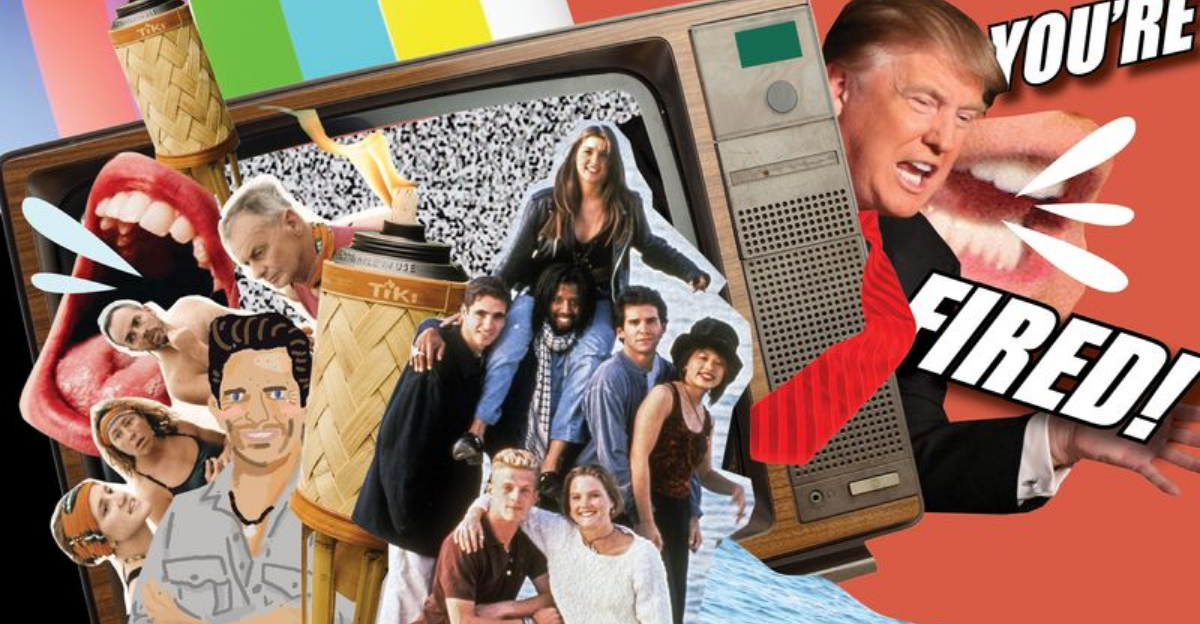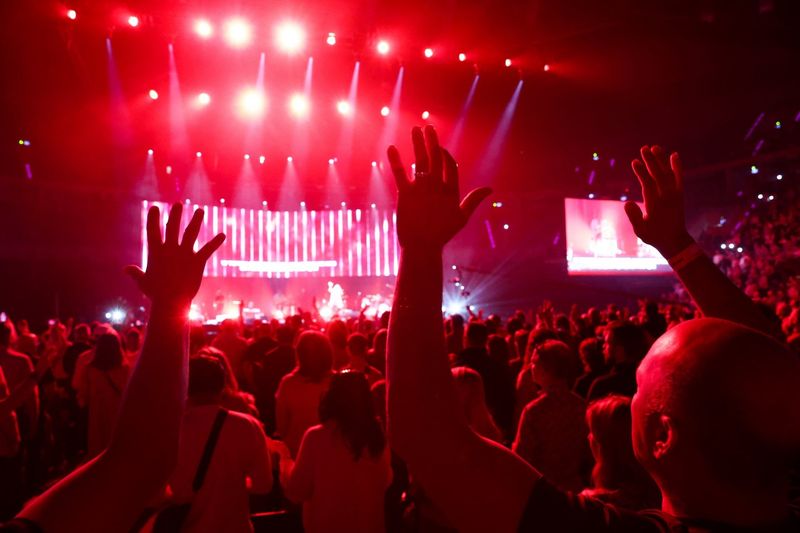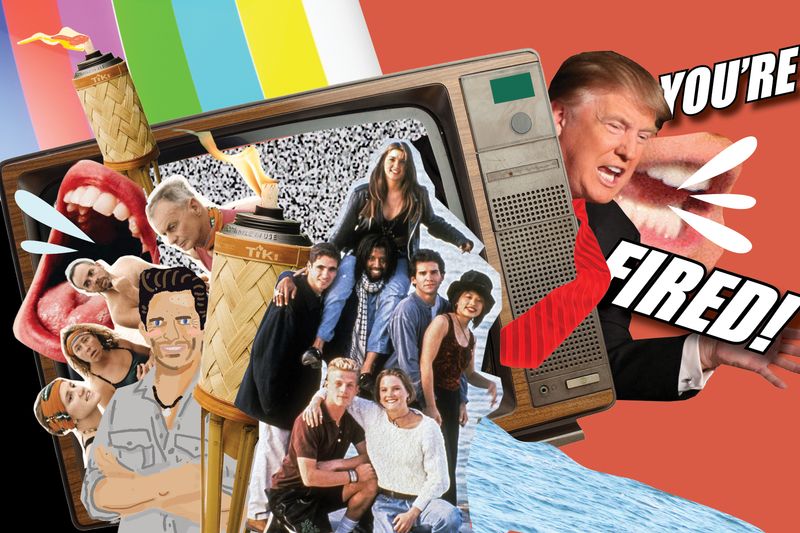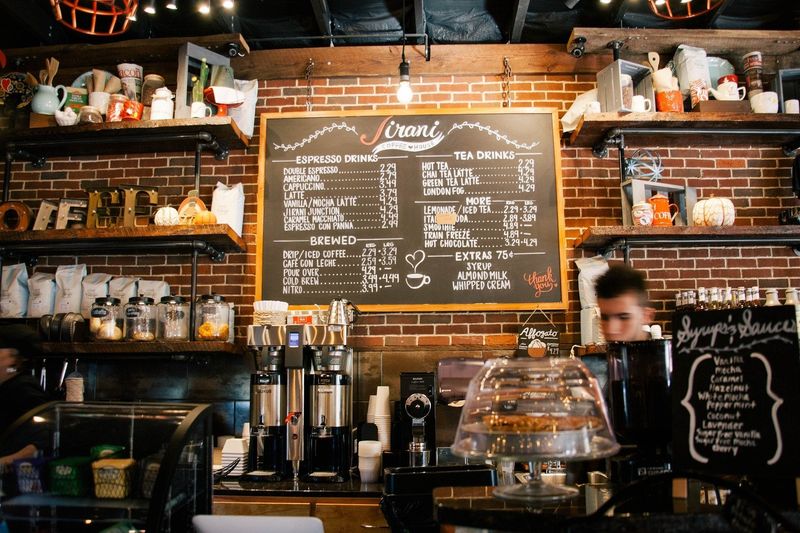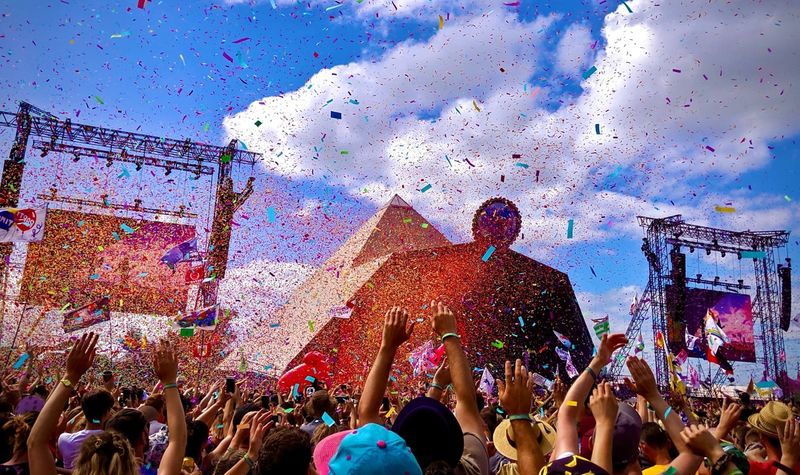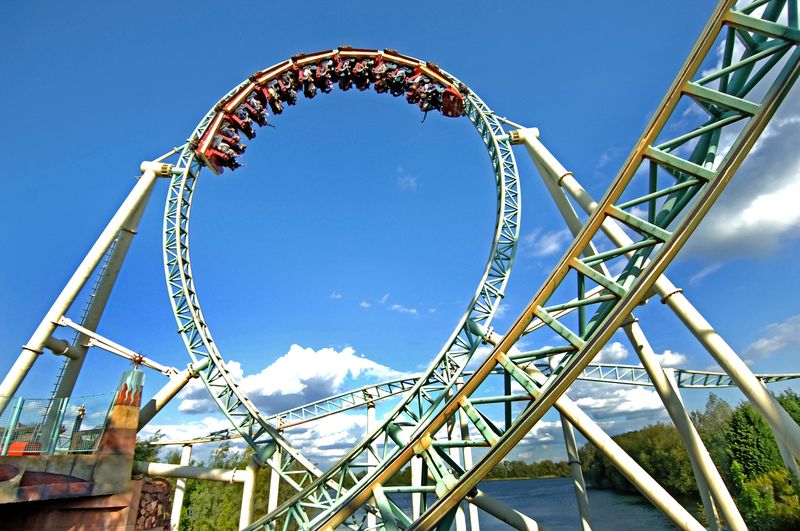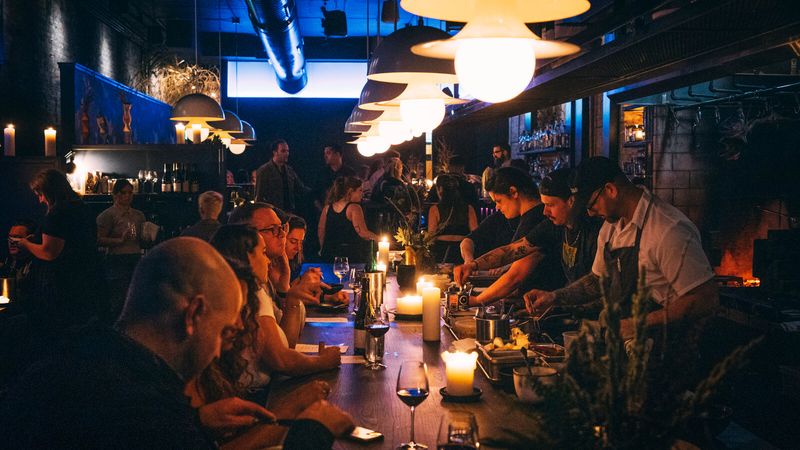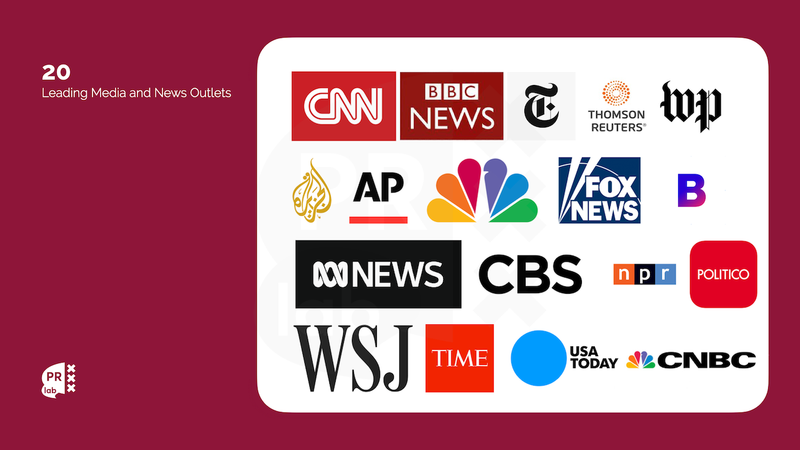Over time, many things that once brought joy have become sources of frustration. This transformation often occurs when people overuse, exploit, or mismanage these beloved elements of culture.
In this blog, we explore 27 phenomena that have unfortunately lost their charm, thanks to human interference.
1. Social Media
Social media started as a way to connect with friends and family, offering a platform to share experiences and memories. However, it has evolved into a commercialized space filled with ads, misinformation, and unnecessary drama.
What was once a tool for enhancing relationships now often fosters comparison and envy. The constant barrage of notifications can be overwhelming, leading to increased stress and anxiety.
Balancing online presence with real-world interactions is crucial to reclaiming the initial joy social media once provided. It’s key to set boundaries to maintain mental health.
2. Customer Service
Once a hallmark of business excellence, customer service has declined into a frustrating maze of automated responses and unhelpful answers.
The personal touch that made interactions pleasant is often missing, replaced by impersonal scripts and long waiting times. This can leave customers feeling undervalued and ignored.
To improve experiences, businesses can invest in training staff to prioritize empathy and efficiency. Customers can support companies that demonstrate genuine care, helping to bring back the golden days of customer interaction.
3. Traveling
Travel once symbolized adventure and exploration. Nowadays, it often involves long security lines, cramped flights, and unexpected delays.
The romance of travel can be overshadowed by the stress of navigating crowded airports and dealing with customer service issues. This transformation has taken a toll on the traveler’s spirit.
Choosing lesser-known destinations and traveling during off-peak times can help revive the excitement. Planning ahead and staying flexible can turn travel back into the thrilling experience it was meant to be.
4. Concerts
Concerts were once a pure celebration of music and community. Today, they can be marred by overpriced tickets and overcrowded venues.
The surge in ticket prices and commercialization has made it harder for fans to enjoy live music without financial strain. Additionally, the focus on profit can lead to less attention on sound quality and fan experience.
Supporting smaller venues and local artists can help rekindle the magic of live performances. Attending events for the love of music, rather than brand name, can change the experience.
5. Diet Trends
What began as a way to improve health has become a confusing world of ever-changing fads. Diet trends promise quick fixes but often lead to unhealthy habits.
The pressure to follow extreme diets can overshadow the original goal of achieving a balanced lifestyle. This can result in cycles of guilt and negative body image.
Focusing on long-term wellness and consulting with professionals can provide clearer guidance. Individual needs vary, and a personalized approach to nutrition can restore the positive impact of dietary changes.
6. Reality TV
Reality TV began with the promise of authentic glimpses into the lives of ordinary people. Instead, it has become a spectacle of fabricated drama and exaggerated personalities.
The thrill of watching real situations unfold has been replaced by scripted events designed to boost ratings. This shift can leave audiences disenchanted as they yearn for genuine storytelling.
Viewers are encouraged to critically assess what they watch, seeking out authentic content that aligns with reality rather than staged antics. Understanding the behind-the-scenes manipulations can enhance viewing experiences.
7. Fashion Industry
Fashion was once about personal expression and artistic innovation. Now, fast fashion dominates with cheaply made clothes that are quickly discarded.
The emphasis on speed and low cost has led to environmental issues and poor labor practices. This shift has detracted from the creativity and uniqueness that fashion once celebrated.
Choosing sustainable brands and supporting ethical practices can make a difference. Embracing personal style over fleeting trends can bring back the joy of fashion.
8. Coffee Shops
Coffee shops used to be quiet havens for relaxation and conversation. Today, they often resemble crowded offices with more laptops than lattes.
The essence of a cozy café has been lost amidst the hustle of work meetings and study sessions. This change can make it hard to find a peaceful spot to unwind.
Seeking out independent cafés and quiet corners can help recapture the charm. Reducing digital distractions while enjoying a coffee can enhance the experience.
9. Online Shopping
Online shopping was once a convenient alternative to crowded malls. However, it has led to impulse buying and environmental concerns.
The ease of purchasing can result in accumulating unnecessary items, overshadowing the initial convenience. Additionally, the environmental impact of shipping and packaging is significant.
Practicing mindful shopping and supporting eco-friendly businesses can mitigate these issues. Setting limits and being thoughtful about purchases can make online shopping a positive experience again.
10. Holidays
Holidays were once a time for family bonding and simple joys. Now, they are commercialized events focused on extravagant decorations and gifts.
The pressure to meet these expectations can overshadow the true meaning of celebration. This shift often results in stress and financial strain rather than enjoyment.
Returning to handmade gifts and meaningful traditions can restore the holiday spirit. Focusing on connections and shared experiences can make the holidays feel special again.
11. Music Festivals
Music festivals were once intimate gatherings for experiencing live music. Today, they are massive events plagued by high costs and logistical issues.
The commercialization of festivals has led to overcrowding and overpriced merchandise, detracting from the enjoyment of music. The focus on profit can overshadow the community aspect.
Attending smaller, local festivals can rekindle the original charm. Emphasizing the music and connections over consumerism can transform the festival experience.
12. Workplaces
Workplaces were once centers of collaboration and professional growth. Now, they can be overwhelming environments filled with stress and burnout.
The pressure to constantly perform and the expectation of always being available can erode work-life balance. This situation often leads to dissatisfaction and diminished productivity.
Promoting a healthy work environment and setting realistic expectations can improve the workplace experience. Encouraging breaks and valuing employee well-being can make work fulfilling again.
13. Theme Parks
Theme parks were once magical places for family fun and adventure. Now, long lines and high costs can tarnish the experience.
The commercial focus has led to price hikes and overcrowded parks, overshadowing the joy of rides and attractions. The magic can feel lost amidst the chaos.
Visiting during off-peak times and planning ahead can enhance the theme park experience. Prioritizing quality time over quantity of rides can bring back the wonder.
14. Sports Events
Sports events used to be about community and supporting local teams. Now, they can be overshadowed by high ticket prices and excessive commercialization.
The increased focus on profit can detract from the excitement of the game. Fans may feel alienated as they face financial barriers to enjoying live sports.
Supporting local teams and attending amateur games can reignite the passion for sports. Focusing on the team spirit rather than the commercial aspect can enhance enjoyment.
15. Restaurants
Dining out was once a leisurely indulgence. Today, it can be a stressful experience with long waits and expensive meals.
The rise of dining trends and celebrity chefs has driven up costs, making it harder for people to enjoy meals out without concern. The focus on presentation over taste can also be disappointing.
Exploring local, lesser-known eateries can provide a more authentic experience. Prioritizing food quality and company over trends can make dining enjoyable again.
16. Streaming Services
Streaming services started as a convenient way to access media. However, the proliferation of platforms has led to content overload.
The abundance of choices can be overwhelming, making it difficult to decide what to watch. Subscription costs can also add up, diminishing the initial appeal of streaming.
Focusing on a few quality services and setting viewing limits can manage the overload. Prioritizing content based on personal interests can enhance the enjoyment of streaming.
17. Gadgets
Gadgets once promised to simplify our lives. Now, constant updates and obsolescence create frustration.
The need to frequently upgrade can lead to waste and financial strain. The pressure to own the latest tech overshadows the benefits these devices originally offered.
Being mindful of actual needs and resisting unnecessary upgrades can reduce stress. Prioritizing sustainability and functionality over novelty can restore the value of technology.
18. Fitness Apps
Fitness apps began as a helpful tool for health tracking. Now, they can overwhelm users with constant alerts and unrealistic goals.
The pressure to meet app-generated targets can lead to burnout and discourage healthy habits. This shift can detract from the joy of fitness and personal well-being.
Customizing app settings to align with personal fitness goals can make them more supportive. Focusing on gradual progress and individual needs can improve the experience and results.
19. E-learning Platforms
E-learning once offered flexible education alternatives. However, the vast array of courses can be overwhelming.
The sheer volume of available content can make it hard to focus and choose the right path. This can result in information overload and diminished educational returns.
Selecting courses that align with personal interests and career goals can enhance the learning experience. Prioritizing quality over quantity can lead to more meaningful educational outcomes.
20. News Media
News media was once a beacon of information and truth. Now, it often presents sensationalism and biased reporting.
The focus on breaking news and ratings can overshadow accurate storytelling. This shift can erode trust and lead to misinformation.
Seeking diverse sources and critical thinking can help sift through the noise. Valuing depth over speed in news consumption can restore faith in media.
21. Online Communities
Online communities began as supportive spaces for shared interests. Now, they can be hostile environments filled with trolls and negativity.
The rise in anonymous interactions can lead to toxic behaviors and diminish community spirit. This change can make it hard to find genuine connections.
Promoting respectful dialogue and setting community guidelines can improve the atmosphere. Fostering inclusivity and kindness can revive the supportive nature of online spaces.
22. Photography
Photography was once about capturing genuine moments. Now, the focus on editing and filters can overshadow authenticity.
The pressure to produce perfect images can detract from the joy of photography. This shift can lead to frustration rather than creativity.
Embracing natural shots and experimenting without over-editing can rekindle the love for photography. Valuing authenticity over perfection can make photography enjoyable once more.
23. Book Clubs
Book clubs once provided enriching discussions over shared reads. Today, socializing can overshadow literary exploration.
The focus on social gatherings can detract from meaningful book discussions. This shift can lead to a lack of engagement with the material.
Setting clear discussion goals and encouraging active participation can enhance the book club experience. Balancing socializing with thoughtful analysis can make meetings rewarding.
24. Board Games
Board games were once a source of family fun and strategic play. Now, complex rules and competitiveness can cause friction.
The emphasis on winning over enjoyment can detract from the communal aspect. This shift can lead to tension rather than fun family time.
Choosing simpler games and focusing on fun can bring back the joy of board games. Encouraging cooperation and laughter can make game nights memorable.
25. Nature Escapes
Nature escapes were once peaceful retreats for relaxation. Now, littering and overcrowding can spoil the experience.
Human impact on natural sites can lead to environmental degradation. This shift can detract from the tranquility and beauty of nature.
Promoting responsible tourism and conservation efforts can help preserve these spaces. Practicing Leave No Trace principles can enhance the enjoyment of nature escapes.
26. Podcasts
Podcasts started as a way to hear diverse voices and stories. However, the oversaturation of content can be overwhelming.
The sheer volume of available podcasts can make it difficult to find quality content that resonates. This can lead to listener fatigue rather than enjoyment.
Curating a selection of podcasts based on personal interests can manage the overwhelm. Prioritizing content that inspires and educates can enhance the podcast experience.
27. Libraries
Libraries have always been bastions of knowledge, providing free access to information and a quiet space for study and reflection. They played a crucial role in communities, offering educational resources and hosting various cultural events.
In recent years, many libraries have struggled to stay relevant amidst the digital revolution. The focus has shifted towards integrating technology, sometimes at the expense of traditional book collections.
While modernization has introduced new ways of learning and accessing information, it has also diluted the classic library experience, leaving those who cherish the tactile feel of books longing for the past.
